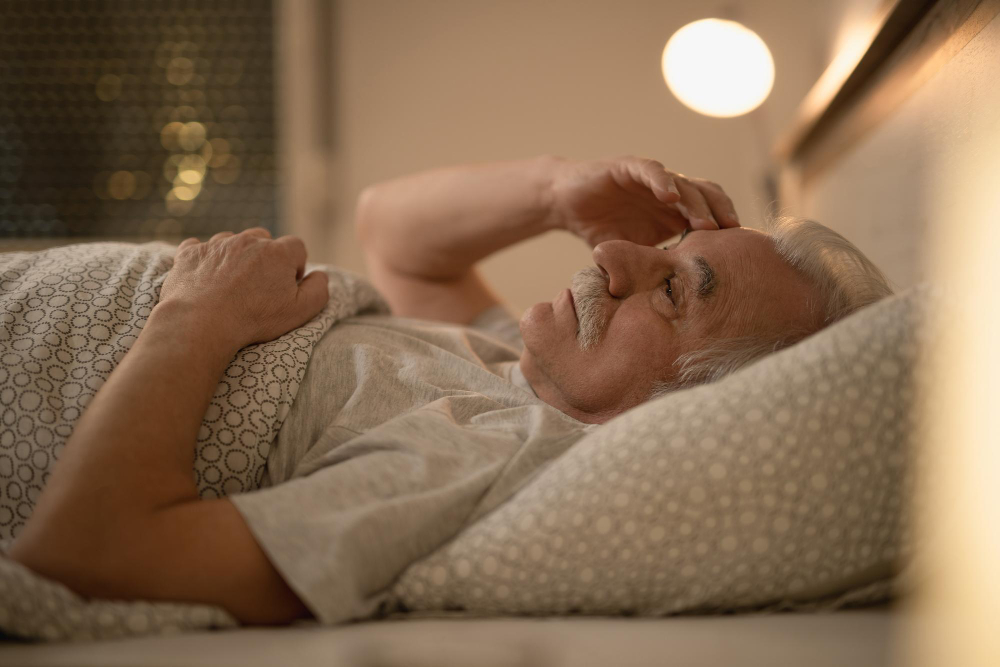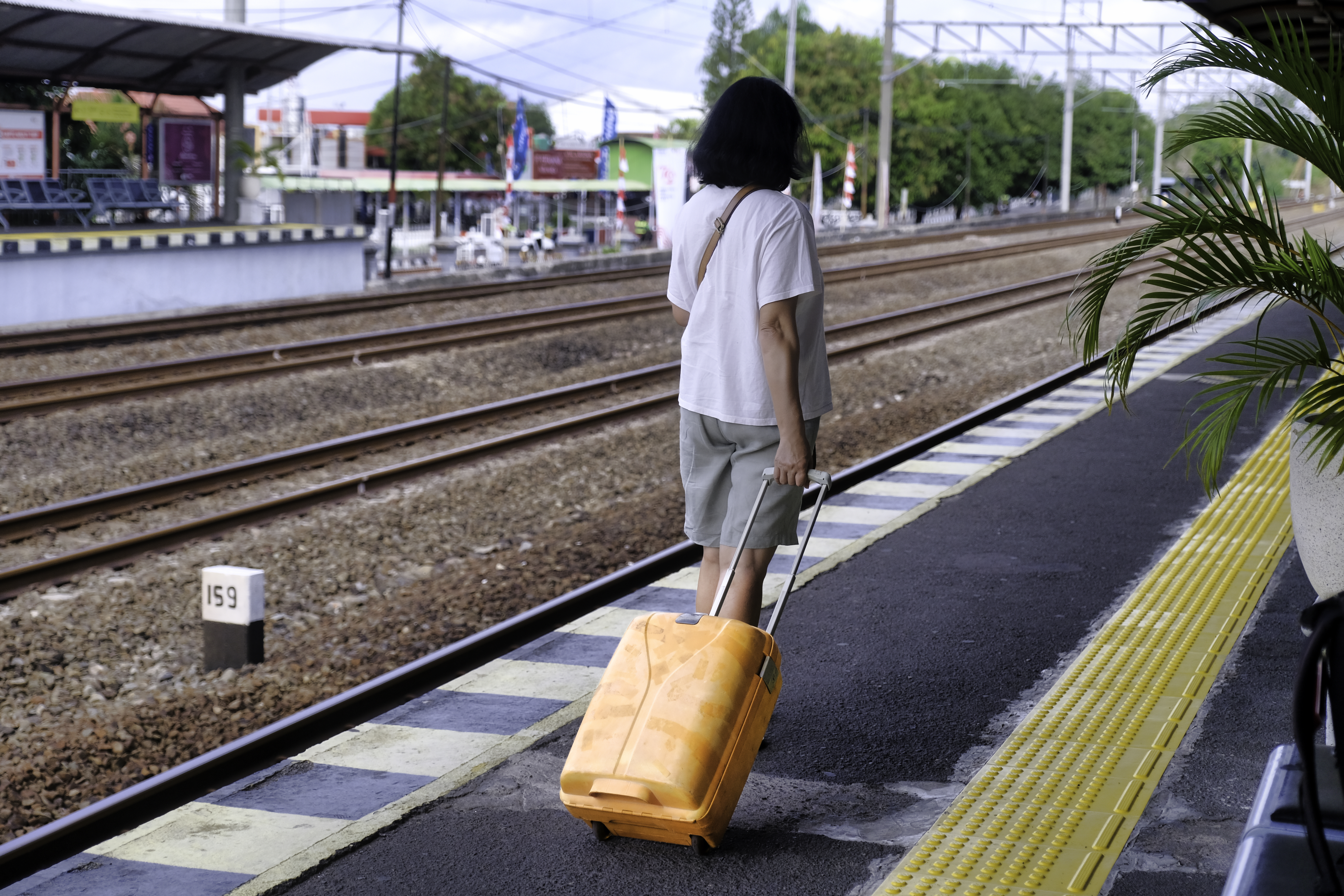One of the health problems that many elderly people complain about is insomnia. Elderly insomnia can be caused by many factors. If not addressed properly, it can lead to other health problems. Because sleep is very important for the body to replenish energy.
Ideally, sleep time for elderly people aged 60 years and above is around 6.5-7 hours per day. The aging process itself can affect sleep patterns so that it can interfere with the sleep regulation mechanism in the brain. Then, what are the sleep disorders that are often experienced by the elderly? Let's discuss the following.
Symptoms of Sleep Disorders in the Elderly
Symptoms of sleep disturbance in the elderly can vary, and some of them include:
Insomnia
Many people often experience insomnia or difficulty falling asleep or staying asleep throughout the night. This can also occur in the elderly which makes them sleep late and wake up at night.
Frequent waking at night
In addition to difficulty falling asleep, the elderly may also wake up frequently in the middle of the night and find it difficult to go back to sleep.
Daytime sleepiness
Sleep disorders in the elderly can be characterized by frequent daytime sleepiness. Difficulty maintaining alertness during the day due to lack of adequate night sleep.
Snoring
One of the sleep disorders in everyone including the elderly is snoring. Snoring usually occurs due to relaxation of the throat muscles, which can interfere with one's own sleep or the sleep of a partner.
Shortness of breath during sleep
Sleep apnea is a sleep disorder that can affect anyone. Sleep apnea or other disorders can cause shortness of breath during sleep, which can disrupt sleep quality in the elderly.
Restlessness during sleep
Seniors may experience restlessness, twitching, or even wake up feeling anxious during sleep.
Sleepwalking
Sleepwalking or unusual behavior during sleep may occur in some elderly people.
Confusion upon waking up
There may be difficulty in immediately recognizing the place and time after waking up.
Difficulty concentrating
Due to lack of sleep or disrupted sleep, older adults may have difficulty concentrating and maintaining focus.
How to deal with sleep disorders in the elderly
You don't have to worry if your parents or the elderly around you are experiencing sleep disturbances. We will discuss some ways that can help overcome sleep disorders in the elderly below:
Maintain sleep hygiene
Creating a comfortable and calm sleeping environment by using a comfortable mattress, blackout curtains, and appropriate room temperature can help improve sleep quality.
Regular exercise
Doing regular exercise, especially in the morning or afternoon, can help improve sleep at night. However, avoid exercise that is too intense at night as it can disrupt sleep.
Avoiding caffeine and alcohol
Reducing caffeine and alcohol consumption, especially in the afternoon and evening, can help reduce sleep disturbances in the elderly.
Relaxation techniques
Using relaxation techniques such as meditation, deep breathing, or yoga before bed can help calm the mind and body to prepare for better sleep.
Cognitive behavioral therapy (CBT)
This therapy involves talking to a mental health professional to identify and change thought patterns and behaviors that may be interfering with sleep. It is a proven effective method in treating sleep disorders.
In addition, it is also important to see a doctor to find out if there are any underlying health issues that could be causing the sleep disorder, and to get appropriate medical advice. With proper treatment, sleep disorders in the elderly can be resolved or better managed.
And don't forget to use Parenty's comfortable diapers for better sleep throughout the day (Aq/PRT).
Read also:
7 Ways to Communicate Well with the Elderly








